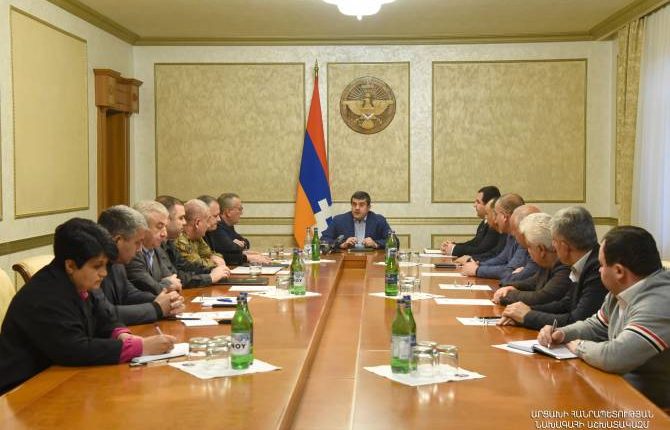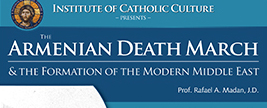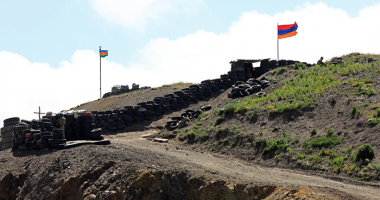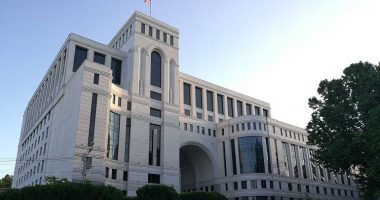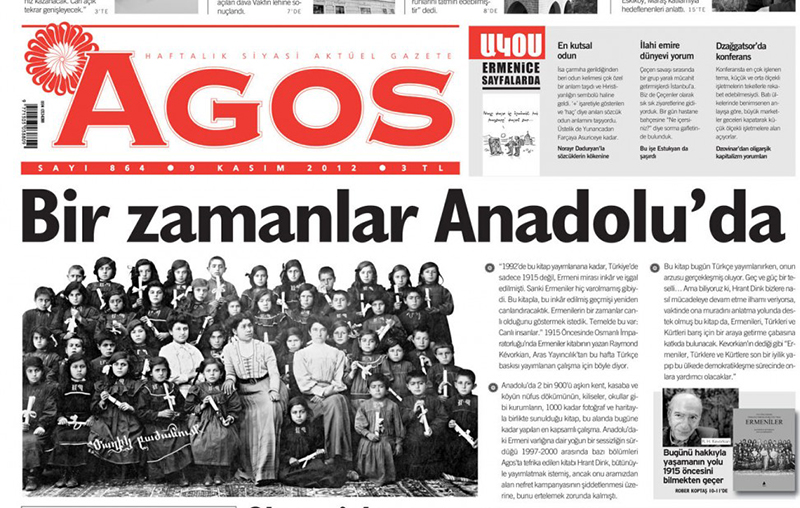STEPANAKERT — Nagorno-Karabakh Republic (NKR) leadership dismissed on Tuesday a fresh Azerbaijani offer to send its representatives to Baku for talks on the Armenian-populated region’s “reintegration” into Azerbaijan.
It reiterated that Azerbaijani and Karabakh officials should continue to meet at the Karabakh headquarters of Russian peacekeeping forces and discuss, first and foremost, humanitarian issues such as the reopening of the Lachin corridor blocked by Baku for more than three months.
A statement released by the Artsakh Foreign Ministry also insisted on an “internationally recognized negotiation format” for discussing with Baku a broader political settlement of the Armenian-Azerbaijani conflict.
Azerbaijani President Ilham Aliyev’s office made the offer on Monday two days after Azerbaijani troops seized a hill overlooking a dirt road that bypasses the blocked section of the Lachin corridor. The authorities in Stepanakert as well as the Russian peacekeepers accused Baku of violating the Russian-brokered ceasefire that stopped the 2020 war in Karabakh.
The Foreign Ministry statement said the timing of Aliyev’s latest offer shows that Baku is keen to impose solutions on the Karabakh Armenians, rather than negotiate with them in good faith.
Artsakh Ptresident Arayik Harutyunyan, convened on Monday an extraordinary extended-format session of the Security Council with the participation of representatives of the political forces of the National Assembly Harutyunyan said the NKR leaders need to “soberly assess” the worsening security and humanitarian situation and “draw necessary conclusions.” The crisis can still be resolved through “prudent steps,” he said in his publicized remarks.
Speaking about Azerbaijan’s continuous violation of the provisions of the trilateral declaration since 2020 and the consistent increase in humanitarian, socio-economic, military, political and psychological pressures on Artsakh in the conditions of the ongoing blockade since December 12, 2022, President Harutyunyan noted that despite our many statements and exhortations, international actors continue to limit themselves to declarative statements, being inconsistent in the implementation of weighty decisions.

